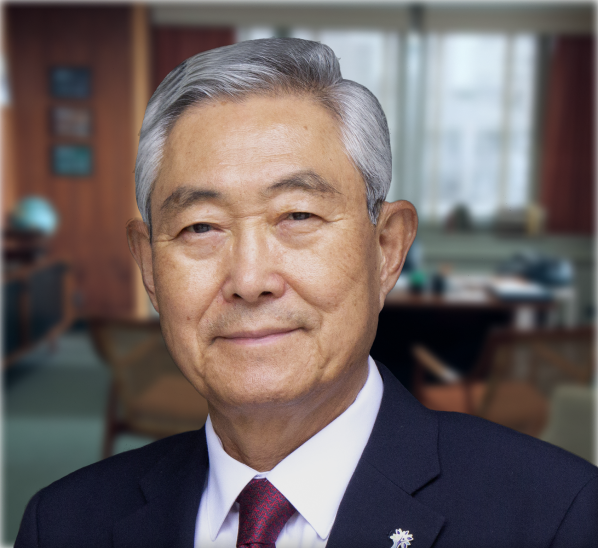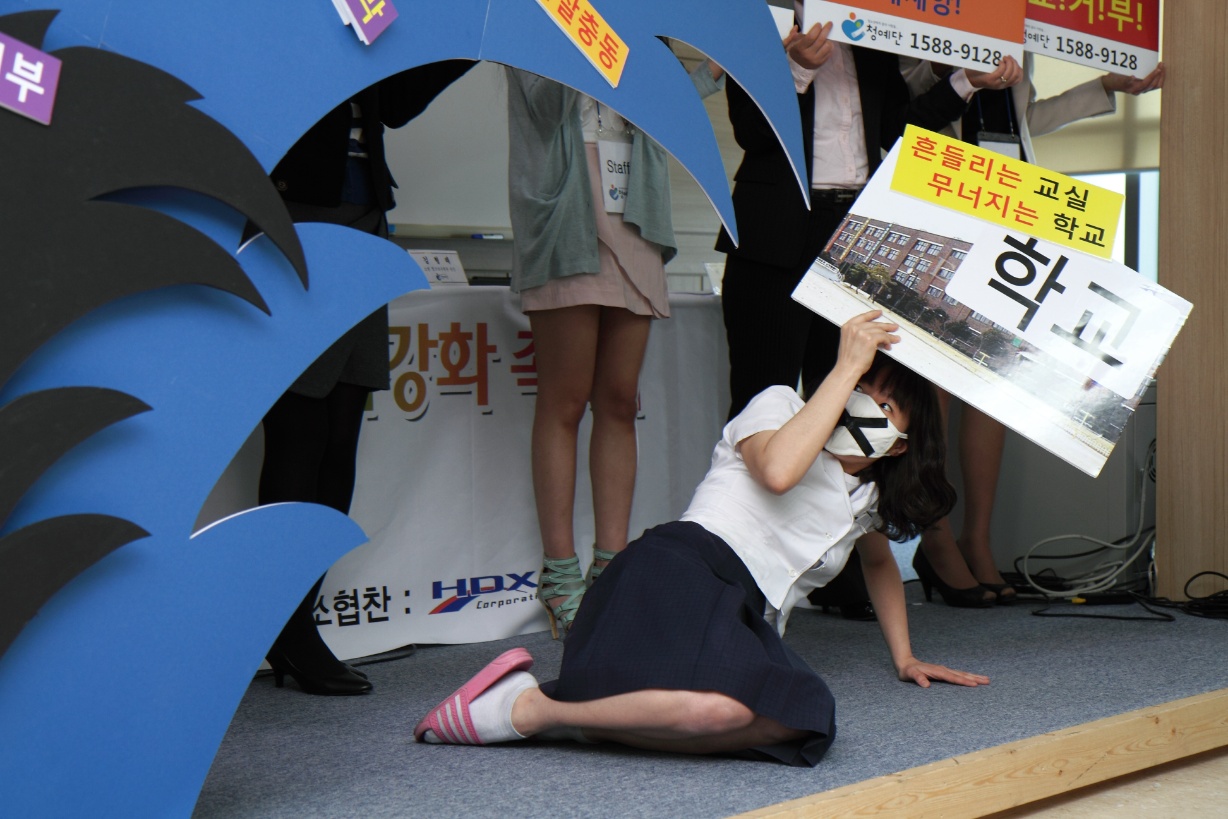
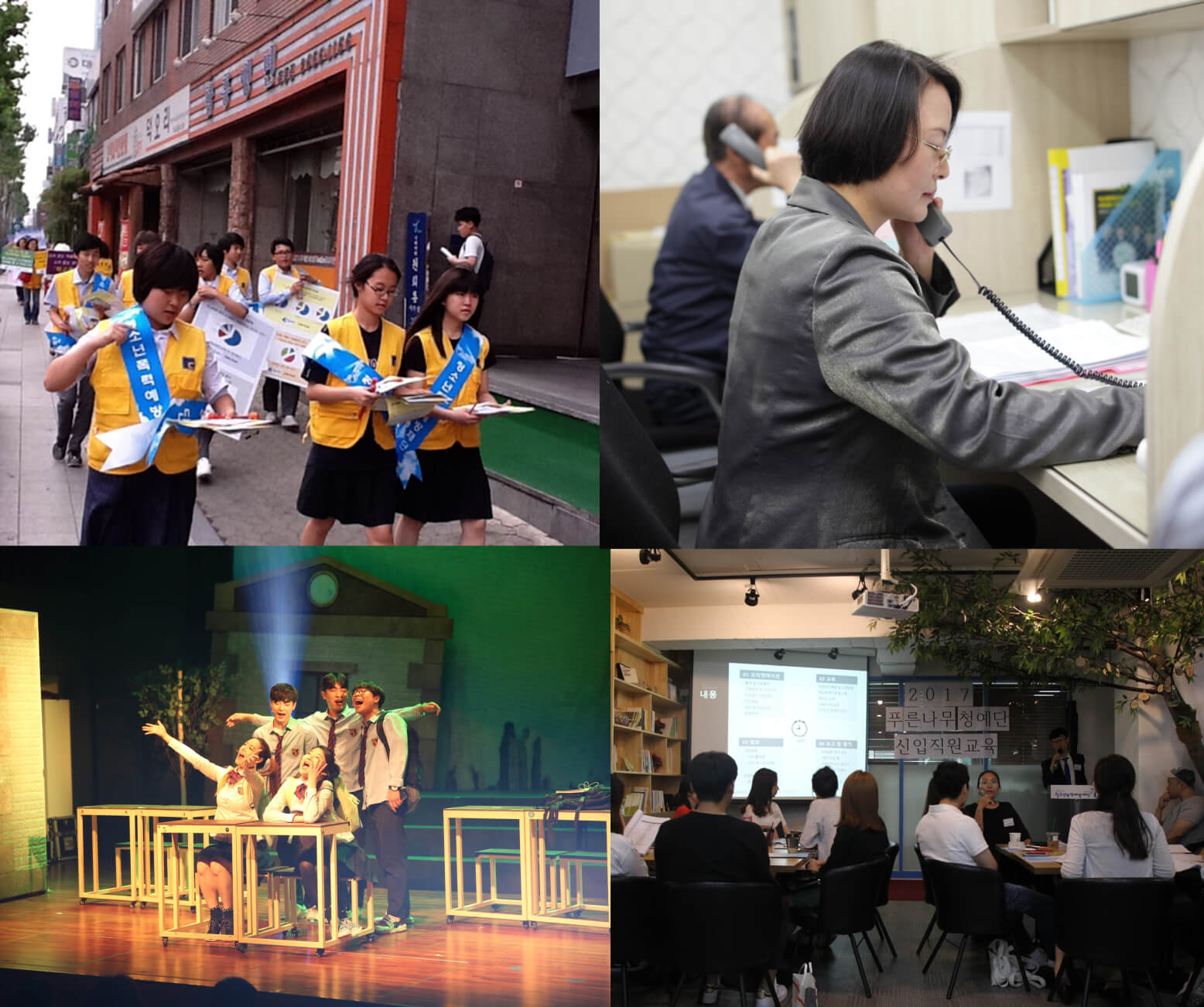
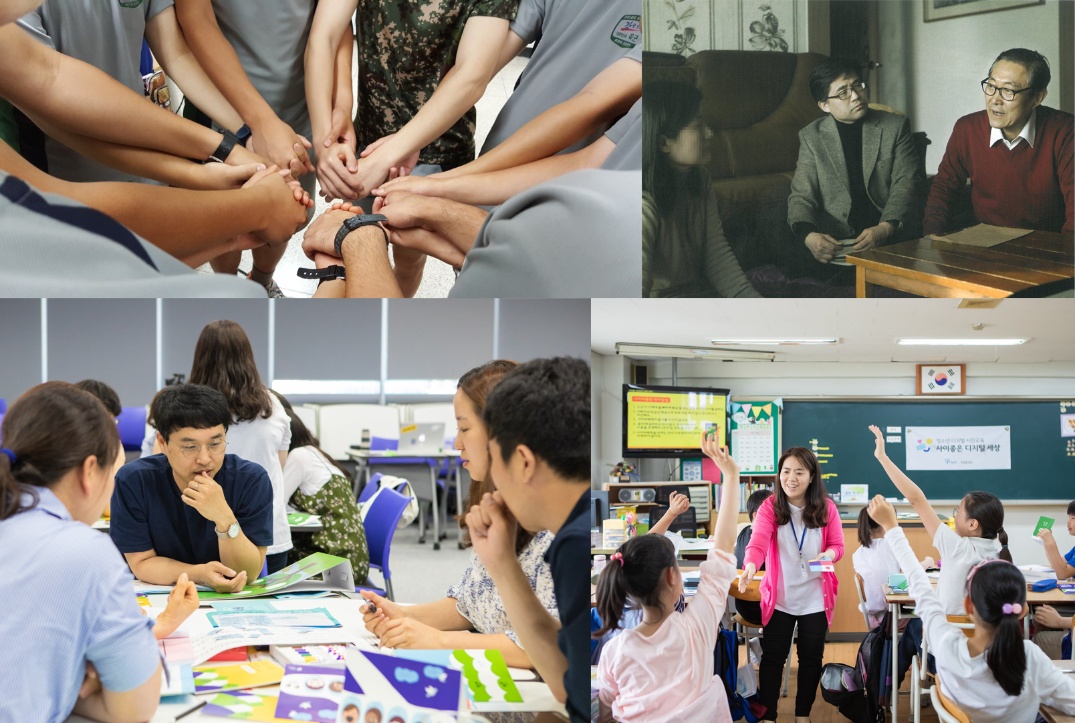
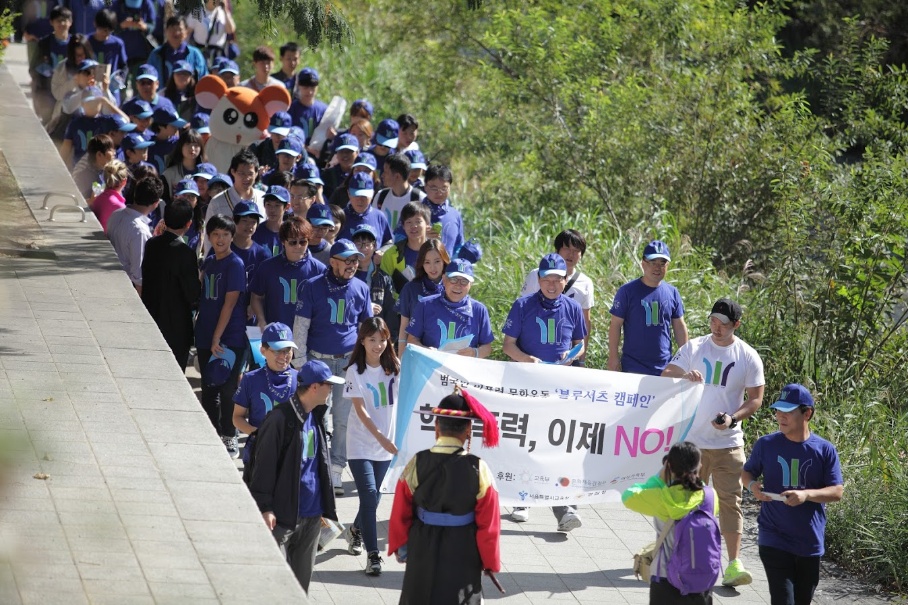
South Korea has one of the highest suicide rates among the world’s developed countries. The incidence of teenage suicides is particularly disturbing. Official statistics indicated that in 2005 Organisation for Economic Co-operation and Development (OECD), the suicide rate among middle and high school students stood at 7.6 students per 100,000. The causal factors are complex but what stands out is that more than half of the suicides were directly related to school bullying.
In 1995, KIM JONG-KI was a highly successful businessman handling market operations in China for a giant Korean electronics company. Married, with a son and daughter, he was at the height of his career when tragedy struck. He was traveling in China when he learned that his sixteen-year-old son, Dae-hyun, had committed suicide, leaving no clues as to the reason; JONG-KI would learn later from Dae-hyun’s friends that it was bullying in school that drove him to end his life. The suicide devastated the family. It was no consolation to them that bullying and school violence were not recognized as life-threatening problems by the government or Korean society. Worse, those who repeatedly inflicted violence on his son continued to bully others. Heartbroken, JONG-KI knew he had to do something to channel his grief and to prevent similar youth tragedies.
In the year his son died, JONG-KI established the Foundation for Preventing Youth Violence (FPYV), the first organized effort in South Korea to address school violence as a systemic social problem affecting students, families, schools, and the community-at-large. At that time, there were no means in the country for JONG-KI to complain and seek help. There was little public awareness of the scale and seriousness of school violence—even the term was not recognized. School violence was regarded as mere fighting, normal among teenagers. Government and schools did not want public attention on the issue; victims and their parents were afraid, or just did not want to speak out. FPYV’s initial activity was to hold a press conference where JONG-KI spoke candidly about Dae-hyun’s suicide and the bullying that triggered it; this was the very first time the problem of youth violence and its destructive consequences was bravely acknowledged in public.
Over the next twenty-four years, JONG-KI and his staff painstakingly developed a holistic program of detection, protection, and management in youth violence. Under JONG-KI’s committed leadership, FPYV carried out wide-ranging anti-bullying campaigns which included seminars, rallies, concerts and films; operated a hotline which now takes thirty to fifty calls daily, with the capacity to dispatch staff to respond to urgent cases, and lobbied for needed government policy and legislation. After ten years, a law on the prevention and handling of school violence was finally enacted in 2004. Today, FPYV offers counseling and mediation services nationwide in partnership with Korea’s Ministry of Education. Its pioneering dispute mediation and reconciliation program pays as much attention to reforming bullies and healing families as it does to protecting victims. Its educational initiatives include a campaign against cyber bullying through a “digital citizenship” program. In 2010, it started an institute offering both onsite and online certificate training programs on youth violence prevention, detection, and management that has since certified thousands of teachers, parents, counselors, police officers, and others.
The impact of JONG-KI and FPYV on Korean society has been profound, establishing a nationwide presence and creating collective action on a social problem hitherto neglected. A 2018 survey showed that since FPYV started its campaign in 1995, the incidence of school violence has dropped from twenty percent to three percent. Yet JONG-KI knows that there is still much work to be done, even as he explains his work simply, “It was God’s command that I contribute my life to this cause. It is my promise to my son.” It is a promise he has fulfilled not only to his son but to the good of all of Korea’s youth.
In electing KIM JONG-KI to receive the 2019 Ramon Magsaysay Award, the board of trustees recognizes his quiet courage in transforming private grief into a mission to protect Korea’s youth from the scourge of bullying and violence, his unstinting dedication to the goal of instilling among the young the values of self-esteem, tolerance, and mutual respect, and his effectively mobilizing all sectors of the country in a nationwide drive that has transformed both policy and behaviors towards building a gentler, non-violent society.
I am so grateful to receive such an honorable and prestigious award. This award is the greatest comfort and reward in my life.
I used to be a businessman: someone who was tied to work and neglected his family. In my generation, everyone worked very hard. No one had time for their families, and I was like that, too. Then, one day, I lost my beloved son. He ended up taking his own life, as he was unable to bear violence in school. Suddenly, I became the most miserable father in the world. The shock and sorrow of losing my son drove my family to despair.
Wishing for forgiveness from my son and taking responsibility for my son’s death, I left my job and got into solving problems for the youth. I started with raising awareness on the reality of school violence and providing counseling for students and families who suffered from it. However, we faced huge challenges from the beginning—not only the absence of experts or studies on school violence but also the disapproval of education authorities made our work more difficult. But, I could not stop because it was the promise I made to my son.
Since then, I have never looked back and dedicated all my energies and fortune to changing the perception and responses toward school violence with unceasing determination. I led a nationwide campaign to gather signatures, receiving support from 470,000 citizens urging the law’s passage. This resulted in the Special Act on Preventing School Violence made into law in 2004. The law put strong pressure on government authorities and schools to take proper action. Finally, we were able to make positive changes, such as reducing school violence through various campaigns and legislation. Also, education authorities started to build nationwide measures and systems. I am very proud of these achievements. The work that started from my personal sorrow finally made a difference in the Korean education system and society.
Our organization is dedicated to providing counseling, educating teachers and police officers, leading non-violence campaigns, scholarship projects, and international activities. We started with only five people; now, we have 340 staff members nationwide. Also, the rate of school violence has dropped from 20% to 6% in the last twenty-four years. Our organization pursues the values of sincerity, professionalism, and transparency. As it grew to be a leading NGO specializing in youth problems, I am proud that we have contributed to Korean society.
I have gone through extreme hardships but poured out my passion, personal resources and connections to fulfill my goals. Management skills I obtained from my previous work also helped. To be honest, there were many times I wanted to give up, but it was my promise to my son. I finally found peace of mind, as I took this work as my destiny and mission from God. As society becomes more industrialized and materialistic, school violence perpetrators and victims are getting younger. And with the internet, incidents of cyber and sexual violence are on the rise. We have to gather our wisdom and efforts to protect our children.
Though this award is given to me, I would like to share the honor and prize with our dedicated staff and respectable supporters and volunteers. Taking this award as a stepping stone, I will dedicate myself to making a non-violent environment not only for students but also all human beings.
I thank every single person in the Ramon Magsaysay Foundation. Special thanks to my friends who came here with me all the way from Korea, the Board of Directors of my organization and my loving wife who has sacrificed everything for me.
I am sure my son is smiling at me from heaven. Thank you very much.

